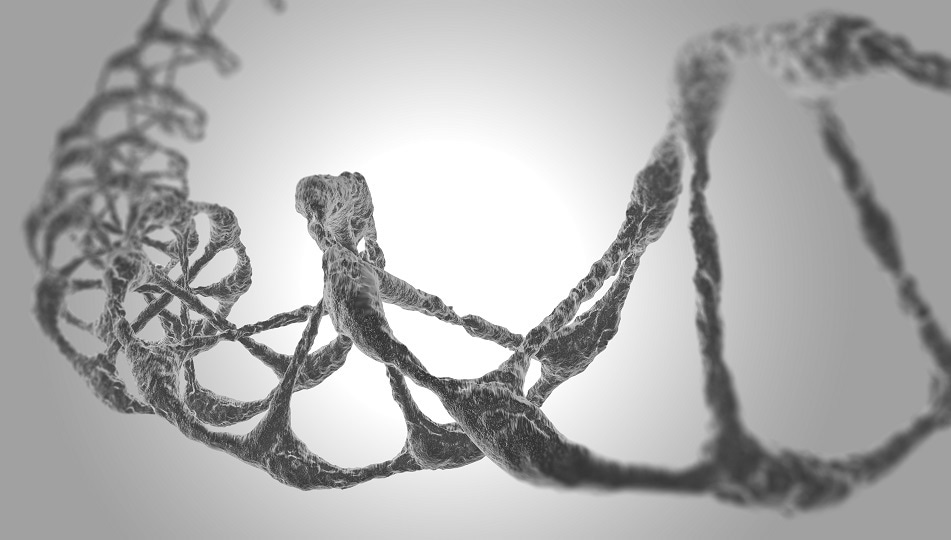Through studying the dark matter of the human genome, a team from the University of Michigan has shed light on how the hormone androgen drives prostate cancer and suggested a potential target for future therapy.

Credit: Shutterstock / Black Prometheus
Senior author Arul Chinnaiyan and colleagues have identified a gene they have called ARLNC1 that controls signals from the androgen receptor, which plays as key role in prostate cancer.
As reported in Nature Genetics, reducing the expression of this long non-coding RNA (lncRNA) in mice resulted in cancer cell death, thereby pointing to a potential target for therapy.
Currently, treatments aim to block the androgen receptor to prevent tumor growth, but the majority of patients become resistant to these therapies and go on to develop a challenging form of the disease called metastatic castration-resistant prostate cancer.
"The androgen receptor is an important target in prostate cancer. Understanding that target is important. This study identifies a feedback loop that we could potentially disrupt as an alternative to blocking the androgen receptor directly," explains Chinnaiyan.
lncRNAs are described as the dark matter of the genome because researchers know so little about them. While searching for lncRNAs that may contribute to prostate cancer, Chinnaiyan and colleagues found that ARLNC1 is increased in prostate cancer, compared with in benign prostate tissue.
The gene was also associated with androgen receptor signaling. The team reports that the androgen receptor induces the expression of ARLNC1, which then binds to the androgen receptor messenger RNA transcript. This stabilizes the level of androgen receptor, which then feeds back to sustain ARLNC1.
“You're creating or stabilizing more androgen receptor signaling in general and driving this oncogenic pathway forward,” says Chinnaiyan. “We're envisioning a potential therapy against ARLNC1 in combination with therapy to block the androgen receptor - which would hit the target and also this positive feedback loop.”
Blocking ARLNC1 in cell lines that expressed the androgen receptor caused cancer cell death and prevented tumor growth. In mice, increasing ARLNC1 expression resulted in the growth of large tumors, while reducing its expression caused tumors to shrink.
Chinnaiyan says the team want to continue characterizing the dark matter of the genome since there are a number of lncRNAs that they do not understand the function of.
“Some of them will certainly be very useful as cancer biomarkers and we think a subset are important in biological processes," he concludes.